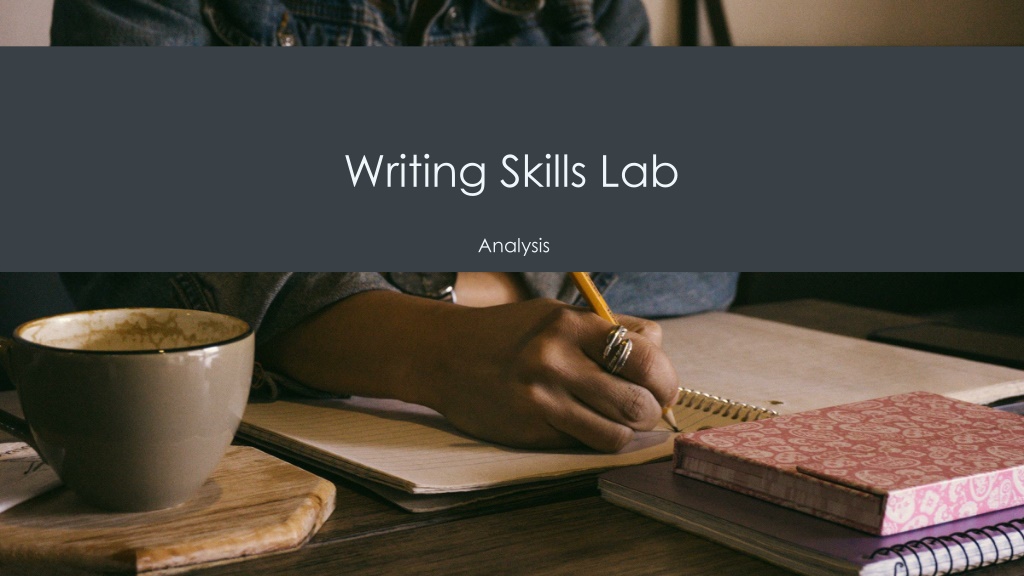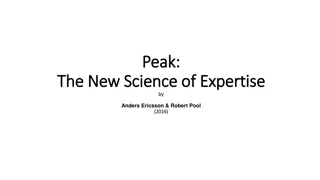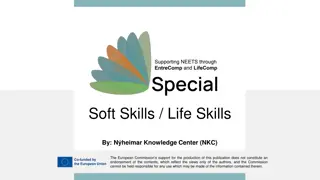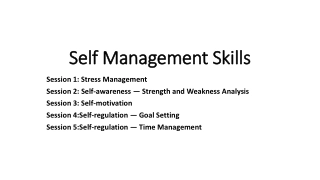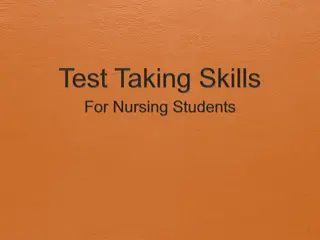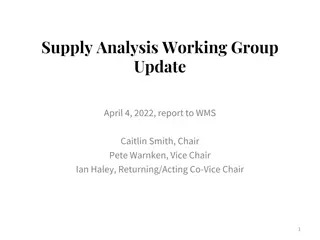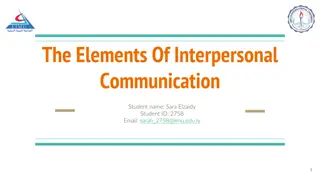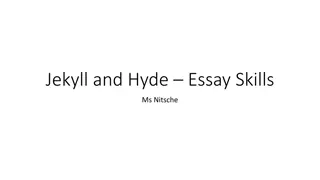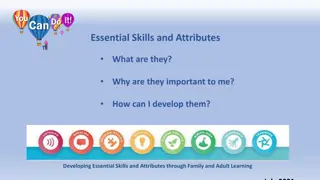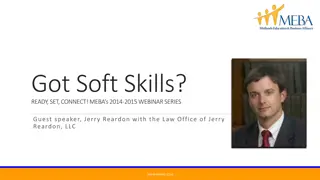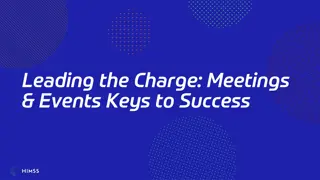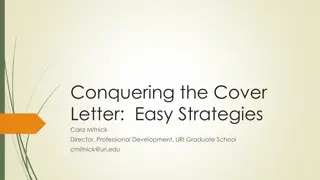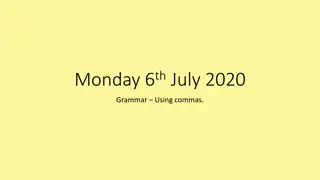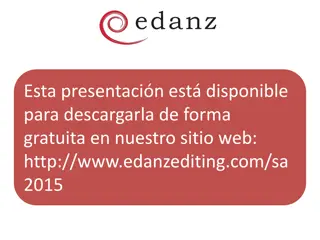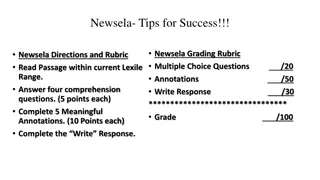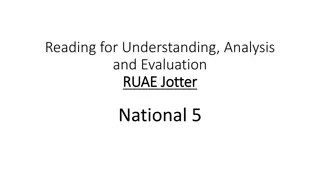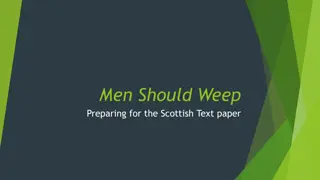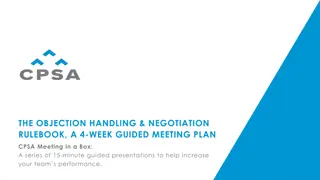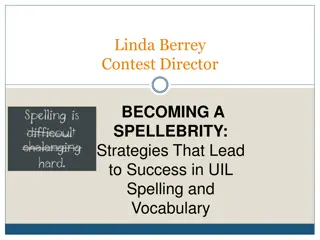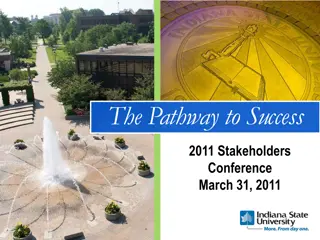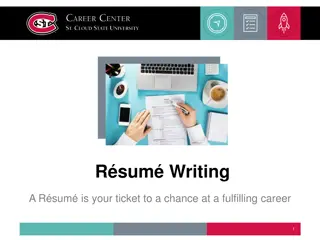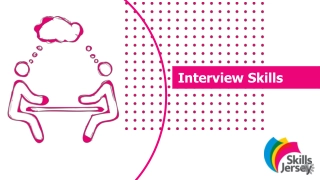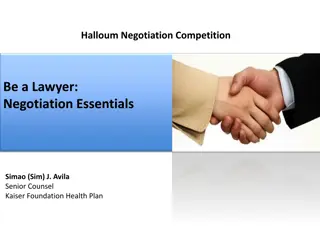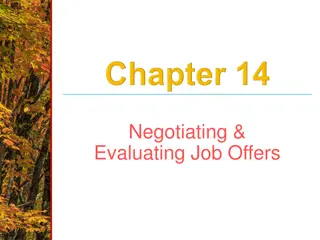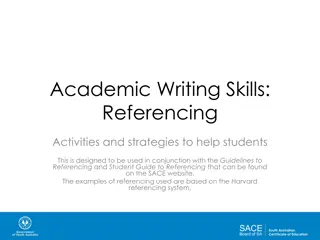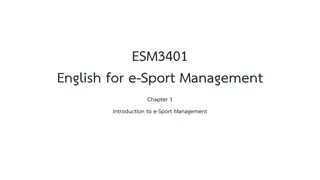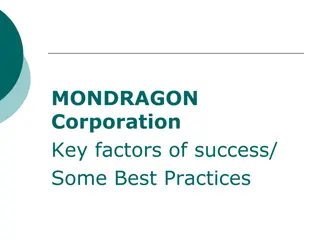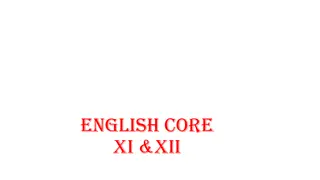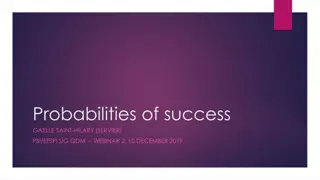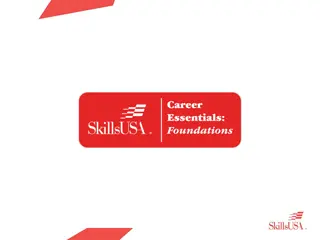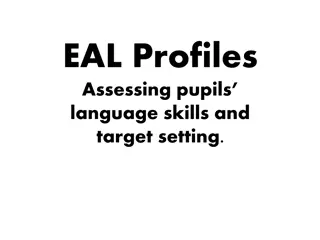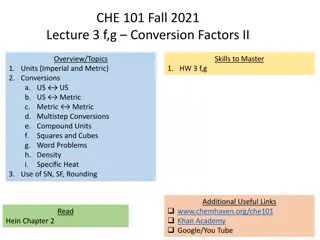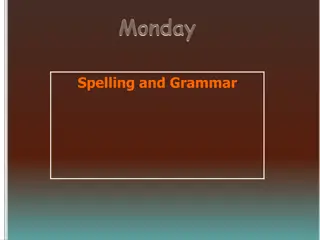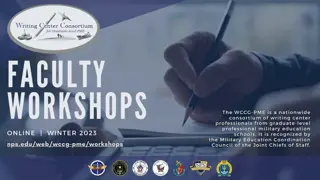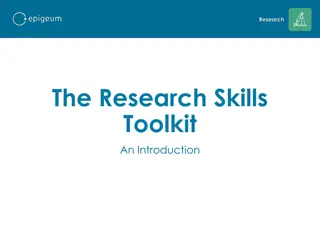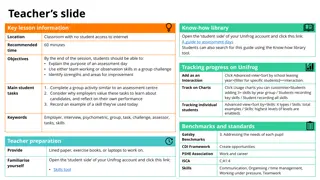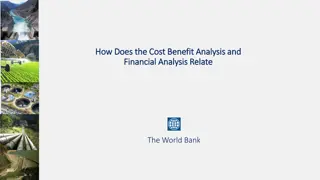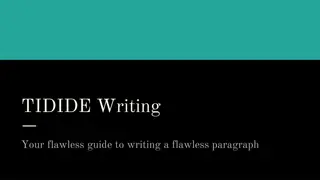Mastering Analysis: Key Skills and Strategies for Success
Understanding the essence of analysis, its role in various disciplines, and the critical thinking skills involved is crucial for academic success. This comprehensive guide explores the fundamentals of analysis, from deconstructing information to making inferences, and provides insights on overcoming common roadblocks to effective analysis.
Download Presentation

Please find below an Image/Link to download the presentation.
The content on the website is provided AS IS for your information and personal use only. It may not be sold, licensed, or shared on other websites without obtaining consent from the author. Download presentation by click this link. If you encounter any issues during the download, it is possible that the publisher has removed the file from their server.
E N D
Presentation Transcript
Writing Skills Lab Analysis
Learning Outcomes: Analysis Evaluate keys to successful analysis Define analysis Recognize and evaluate keys to successful analytic writing Identify and apply different types of analytic processes Rhetorical Appeals Recognize and evaluate rhetorical appeals Recognize and establish appeals to logos Recognize and evaluate appeals to pathos Recognize and establish appeals to ethos
Define Analysis Analysis is a critical thinking skill that has been applied to academic study since the time of Aristotle. It is a foundational tool across disciplines, from chemistry to literature to business to philosophy. Understanding what analysis is will be of value to you throughout your college career.
What is analysis? While each academic discipline characterizes the analytic process to suit its needs, the essential skills of analysis are the following: Deconstructing information or artifacts into component parts Uncovering relationships among those parts Determining motives, causes, and underlying assumptions Making inferences and finding evidence to support generalizations
The Language of Analytic Assignments How the parts relate to the whole How something works What something means Why something is important
Practice Question 1 Analysis is a complex-thinking skill, and all of us put up walls to avoid having to analyze certain situations, ideas, or information. While those barriers can sometimes provide comfort, they can also block us from deeper understanding and appreciation. What are some common roadblocks to analysis and some strategies for overcoming them?
Suspend Judgment One of the most important steps in the process of thinking and writing analytically is to suspend judgment about topics, artifacts, ideas, or whatever it is you want to analyze. Critical thinking yields the best results when you approach something with an open mind. When we bring our biases and presuppositions to a topic, we aren t allowing a truly organic research process to happen. This isn t to say that we can ever be completely objective or somehow erase our minds of prior knowledge; however, if we try to at least suspend judgments about that knowledge, we increase our likelihood of being open to new discoveries in the research process.
Analytic Thesis When formulating an analytic thesis statement in college, there are three words/phrases to remember: How? Why? So what? Don t be afraid to let your claim evolve organically. Use analysis to get you to a main claim. When you decide upon a main claim, make sure it is reasoned.
Evidence A good analytic thesis statement (or claim) may sound smart or slick, but it requires evidence to be fully realized. A paper with a strong thesis statement but lackluster evidence feels the same way to readers. So what does good analytic evidence look like? Think again about how, why, and so what. A claim introduces these interpretations, and evidence lets you show them. Keep in mind that evidence when writing analytically typically builds on itself as the piece progresses, much like a good movie builds to an interesting climax. Things to note: Be selective about evidence. Be clear and explicit with your evidence. Move past obvious interpretations.
Rhetorical Analysis Rhetorical analysis shows how the words, phrases, images, gestures, performances, texts, films, etc. that people use to communicate work, how well they work, and how the artifacts, as discourse, inform and instruct, entertain and arouse, and convince and persuade the audience; as such, discourse includes the possibility of morally improving the reader, the viewer, and the listener.
Activity: Analytical Writing How does process analysis help you understand your writing assignments in your college courses? Freewrite for five minutes about your own process as a writer.
Practice Question 2 Critical analysis is probably what you think of first when you hear the word analysis. Analysis of a specific artifact is called critical analysis or critique. Take a look at the old cigarette ad, below. How would you start to analyze it?
Quick Review Work on improving your analytic skills by keeping the following important concepts in mind: Recognize that analysis comes in many guises. Any assignment that asks how parts relate to the whole, how something works, what something means, or why something is important is asking for analysis. Suspend judgment before undertaking analysis. Craft analytic theses that address how, why, and so what. Support analytic interpretations with clear, explicit evidence. Remember that all analytic tasks require you to unravel or investigate something.
